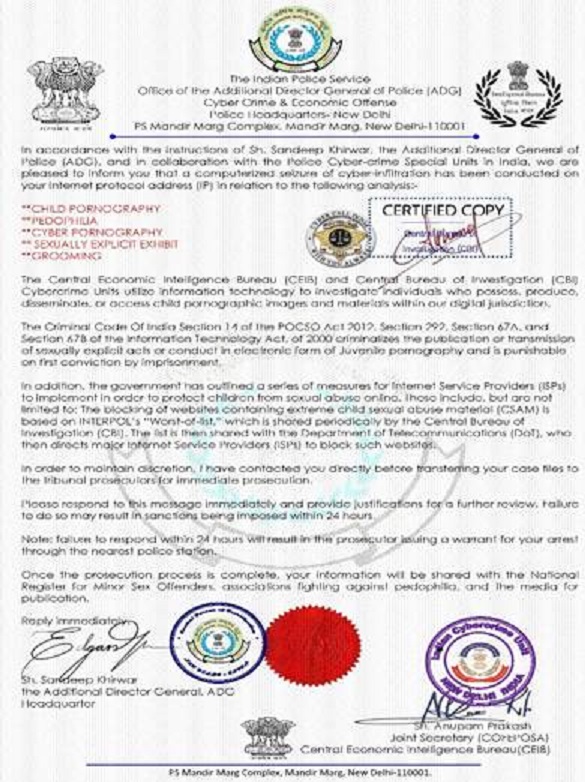As I already stated in my introductory part of this topic, any process will be parted into static and strategic meaning thereby one which is in as it is form and the other requires professional skepticism. Above that, static facts w.r.t. terminologies are also tuned here. Let us sail beyond statutory sections sight u/s 134, 143,177 of Companies Act, 2013 by carving into crux of Logistic Process.
Draft design depicted as:-
- Radical round
- Strata-static sphere
- Last lane
- Vocab wall
Radical Round

It starts with nature of client’s business and outreach of products /services it deals with. Only three mediums of transportation to be travelled thoroughly. This only is too wide to embed in itself supply chain management, insurance, order to cash, inventory and finance/accounts processes. On-boarding a vendor here majorly meets core criteria’s of dispatches and delivery at desired destination in due condition. Service level agreements (SLA), terms, valuations, methods, shipment creations, etc. are starting steps in this process. Then comes transit tour which makes us to unveil umbrella of Insurance along with water way, air ways and e-way bills. Finally desired delivery deadlines with dated details/reports draws towards dead-end.
♦ Strata- Static Sphere
Let us begin our journey in all three modes via strata- static road.
1. SOP
Logistic is lifeline for any line of business. SOP sight states ambit within which this lifeline lands to. Medium of transport mode, SLA with major vendors, reverse pickups, sync with system to ensure shipment track and satisfaction on destination, topped up with after service agreed aspects and regular robustness serves as riders from SOP.
2. Escalation ink
Are we talking about increase in petrol/diesel process; thereby increase in respective costs as part of escalation clause? Answer is Yes but not restricted to. List down the chain of cycle effected due to this clause beginning from budget bucket till balancing payment. It’s not everything agreed are part of escalations, try and understand implied aspect with example.
E.g. once goods arrive at customs with BOE, certificate of origin and agreed set of documents, but are pending duty clearance. There is a delay in doing so and fine is charged, because of reason yet to be rooted. Being listed company, matter may drill down to materiality marks, but one should decide at this point level of substantive procedure to be performed or ensure iteration of such instances where ultimately that charges/fines/penalty are born by company. These are also understood as inherent risk under implied escalation ink.
3. Transit track
It is of at most essence to trace transportation of goods. System sync here plays pivotal role. Irrespective of mode of transport, there has to be a place where goods movement can be monitored. Only after that book closure, re-order level, economic order quantity, Ind AS 115 , etc areas can be accurate. Inaccuracy instincts mingle with manual mix (only mail communications) will mess this process. So, system sync is must.
4. Dispatch, Delivery & Due Diligence
Let this aspect be deliberated distinctly 1st comes dispatch. Simply states that physically goods gone out of warehouse/stores. “I have done my job junction” is reached and hand-over of goods has to happen suitably.2nd is delivery. Delivery reports, agreed TAT talks, POD’s, reconciliations, location wise logs, etc. are definite data to be shared and sampled out. 3rd is due diligence. Derives its broader base in terms of demarcation of ownership of goods from various points of pickups till destination with assurance of same quality and quantity. All reports received to be reasoned out and divergent deep dive is demanded.
5. Isolating internal and external edges
There has to be demarcation of internal and external factors in entire process. How and in what way? Let us take land route to ride this recognition.
E.g. E-way bill, invoice copy, packing list and other statutory set of documents are pre-requisite for ready to make movement. However, vehicle which was supposed to enter capital of our country found to be incompliant w.r.t. High Security Registration Plate (HSRP).Fine levied and perishable goods poured in vehicle lost its useful life in transit itself due to delay by 3 hours. Factor seems to be external but attributable to vendor as well as company if contract states that vendor is supposed to submit latest doc’s on timely basis and this document forms part of KYC /vendor evaluation and not submitted. Then to be debited to vendor, if terms are silent, its negotiation nitty-gritties that decides upper hand.
Imagine if cyclone stops way forward, its attributable to Insurance company base on type of insurance availed. If goods dispatched are in damaged delegacy, then it is internal which is to be bared by company.
Isolation if internal and external factors hence are inevitable.
♦ Last Lane
Last lane for logistic loom finds fine art of commencing a journey via any mode till concluding it at suable stop. Freezing by, “Logistic links with legitimate leap lights the lamp of liveliness”
♦ Vocab Wall
Though it is web of words, will have only gist of basic blocks —
| Word | Meaning |
| Common Colloquy crux | Starting from basic like Units of Measurement (UOM), Bill of Entry (BOE), Free on Board(FOB), Cost Insurance Freight (CIF), Lorry receipt(LR), Packing list, Air waybill(AWB), 3rd party logistic(3PL), Bill of Lading (B/L), Container Freight Station (CFS),Delivery Order (D/O), Document against Payment(D/P), Dock Receipt (D/R), Estimated time of arrival/departure( ETA/ETD),Free trade zone (FTZ),Letter of Credit(LC),Lead time(LT),Original Equipment Manufacturer (OEM),Port of Discharge/Landing (POD/POL), Request for proposal/quotation (RFP/RPQ), Stock keeping Unit(SKU),Terminal Receiving Station(TRS),Vessel(VSL), etc. are all crux to carve logistic process. |
| Force Majeure | Force majeure refers to a clause that is included in contracts to remove liability for natural and unavoidable catastrophes that interrupt the expected course of events and prevent participants from fulfilling obligations. In nutshell, frees both parties from liability or obligation for circumstances beyond control. |
| Inland Haulage charges | Inland Haulage Charges means, the transportation charges from inland container freight station to sea port of loading or vice versa. |
| Terminal Handling charges( THC/CSC) | Terminal Handling Charges is the same as Container Service Charges (CSC).THC are fees charged by the shipping terminals for the storage and positioning of containers before they are loaded on a vessel. The charges usually consist of goods handling, unloading the container, stacking and crane service. |
| Ex Work (EXW) | These are levied when terms of import are such that instead of FOB, it places the maximum obligation on the importer and minimum obligations on the exporter. The Ex Works term is often used while making an initial quotation for the sale of goods without any costs included. EXW means that an importer incurs the risks for bringing the goods to their final destination. FOB favors importer/buyer while EXW favors seller. |
| LCL/ Groupage Shipment | Less than Container Load. [Opposite is Full container load (FCL)].
A term used to describe the transportation of small ocean freight shipments not requiring the full capacity of an ocean container. It is generally applicable in case of small invoice for samples or other accessories required in making final product. Levied as LCL fees/charges. |
| High Sea sales (HSS) | High Sea sales (HSS) is a sale carried out by the actual consignee (ie, the consignee shown in the Bill of Lading) to another buyer while the goods are yet on high seas or after their dispatch from the port of loading (POL) and before their arrival at the port of discharge (POD). The ownership of goods transfers, when items are on transit. The contract needs to be signed on a stamp paper after dispatch of goods from origin and prior to their arrival at the buyer’s destination. |
| Electronic Data Interchange (EDI) Fee | Are applied when a forwarder organizes the exchange of electronic data to ports/customs or other government entities that need the information. Charges are applied per Bill of Lading /Transport Document. |




























